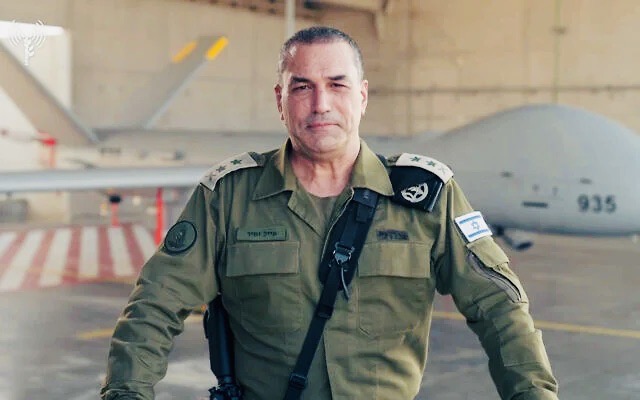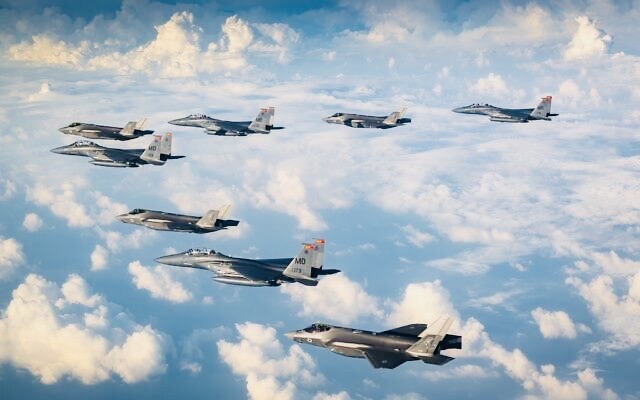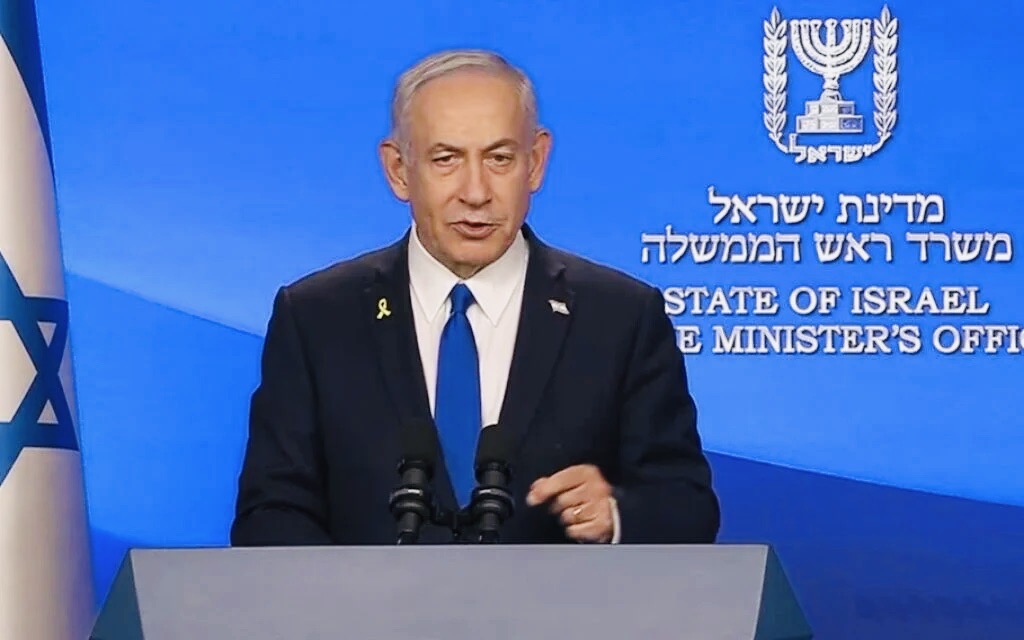Israel’s ceasefire with Iran, brokered by the United States and Qatar, is holding despite an exceedingly shaky start.
If both sides exercise restraint, the 12-day Israel-Iran war may well have run its course. It erupted with an audacious Israeli preemptive strike on Iran and expanded with Iranian ballistic missile and drone attacks against Israel.
The war, the first between these regional rivals, ended more or less after U.S. President Donald Trump announced on June 23 that Israel and Iran had agreed to a “complete and total ceasefire.”
He made that announcement just hours after Iran launched a retaliatory missile attack on a major U.S. air base in Qatar. Trump minimized it as “very weak” and did not respond.

Iran telegraphed its looming reprisal, which caused very little damage and no fatalities. Iran mounted it in reaction to the U.S. bombing of Iranian nuclear facilities in Fordow, Natanz and Isfahan on June 21. These attacks were initially considered very effective.
Trump congratulated Israel and Iran for having had the “stamina, courage and intelligence” to end a conflict that “could have gone on for years.” But he grew angry when the ceasefire did not click into place at exactly the moment he had anticipated.
Shortly before the truce was scheduled to begin, Iran fired about 20 ballistic missiles at Beersheba, a city in southern Israel, killing four people in a residential neighborhood. With this strike, the Israeli civilian death toll climbed to 28, with some 3,000 injured and 9,000 displaced. A few days earlier, Iranian missiles crashed into a hospital in Beersheba, extensively damaging it but causing no casualties.
Shortly afterward, three hours after the truce had kicked in, Israel intercepted two Iranian missiles over the Galilee.

Israeli Defence Minister Israel Katz vowed to respond forcefully, prompting Trump to pressure Israel to back down. In an extraordinarily crude tirade on his Truth Social platform, he wrote, “We basically have two countries that have been fighting so long and so hard that they don’t know what the fuck they’re doing.”
In a tense phone call with Prime Minister Benjamin Netanyahu, Trump demanded that Israel call off further strikes, according to the Axios news site. Netanyahu refused, saying that Israel would answer Iran’s violation with a “symbolic” strike.
With Trump having agreed, Israeli aircraft struck a radar base north of Tehran in what may have been Israel’s final bombing raid of the war.
Only four days earlier, on June 20, the chief of staff of the Israeli armed forces, General Eyal Zamir, warned Israelis to prepare for a “prolonged campaign” to degrade or destroy Iran’s nuclear and ballistic missile capabilities.

Two days later, Netanyahu said that Israel would not be dragged into a war of attrition with Iran and was close to achieving its objectives, having inflicted significant damage to both its ballistic missile program and its nuclear facilities.
On June 23, The Wall Street Journal reported that Israel was ready to wrap up Rising Lion, its military campaign, in the coming days and had conveyed this message to Tehran via mediators. Channel 12, Israel’s biggest television station, carried a similar report.
Yesterday, Zamir said that Operation Rising Lion has been remarkably successful. “We have set Iran’s nuclear project back by years, and the same goes for its missile program,” he said, adding that “many challenges lie ahead” and that Israel’s confrontation with Iran is not over. “We must remain focused. There is no time to rest on our laurels.”
True enough.
Although Iran was battered by Israel, Iranian forces launched 550 ballistic missiles and some 1,000 drones into Israeli cities, producing terror and widespread destruction. Israel downed about 90 percent of these projectiles, but the ones that evaded the Arrow and David’s Sling defensive shield caused unprecedented damage.
Not since the 1948 war has an enemy managed to inflict so much punishment and pain on Israel’s home front. In past wars, Israel managed to take the fight to its enemies’ turf.

On the positive side, Israel gained air supremacy from almost the outset. Israeli aircraft, from the F-35s on down, roamed the skies of Iran with virtual impunity, Israel having destroyed most Iranian air defences last October. The Iranian Air Force, composed of mostly outdated American planes bought before the 1979 Islamic revolution, was not a factor in this war.
Incredibly enough, Israel did not lose a single soldier or pilot. This was Israel’s first war without a military death toll.
In Netanyahu’s estimation, Israel scored a “historic victory” over Iran. It remains to be seen how accurate his conclusion will be.
Much to its probable disappointment, Iran fought Israel without the assistance of its regional allies. Iran’s proxies in its much diminished Axis of Resistance failed to come to its aid, having been bludgeoned by Israel in wars in the Gaza Strip and Lebanon. Hezbollah and Hamas issued perfunctory pro-Iranian statements, but refrained from joining Iran. The Houthis in Yemen fired one or two missiles at Israel, but they were intercepted. Pro-Iranian militias in Iraq were virtually silent. Syria, Iran’s closest Arab ally before the fall of Bashar al-Assad last December, remained conspicuously quiet.
Iran found itself ominously alone in the face of Israeli and U.S. attacks, but the Islamic regime survived the onslaught.
Yesterday, Trump reiterated that Iran will never be permitted to enrich uranium or build a nuclear arsenal, a view completely shared by Netanyahu. “Iran will not have a nuclear weapon,” he said. “If someone in Iran tries to restore that program, we will act with the same determination, the same power, to cut off any such attempt.”
One of Iran’s leading officials, Mohammad Eslami, said defiantly that it intends to rebuild its nuclear program.
While U.S. and Israeli strikes may have set back Iran’s nuclear program by several years, it has not been totally destroyed, as Trump has claimed.
The Defence Intelligence Agency, a U.S. body, believes that it has been delayed by less than six months.
And it seems that Iran transported fissionable material out of Fordow before it was bombed by the United States. This stockpile of 60 percent enriched uranium is one of the most important parts of Iran’s nuclear program.
Time will tell whether Iran will attempt to reconstitute its weaponized nuclear program. But if the Iranian regime embarks on that perilous path, it should expect nothing less than further strife, hardship and grief, much to the detriment of the Middle East.
